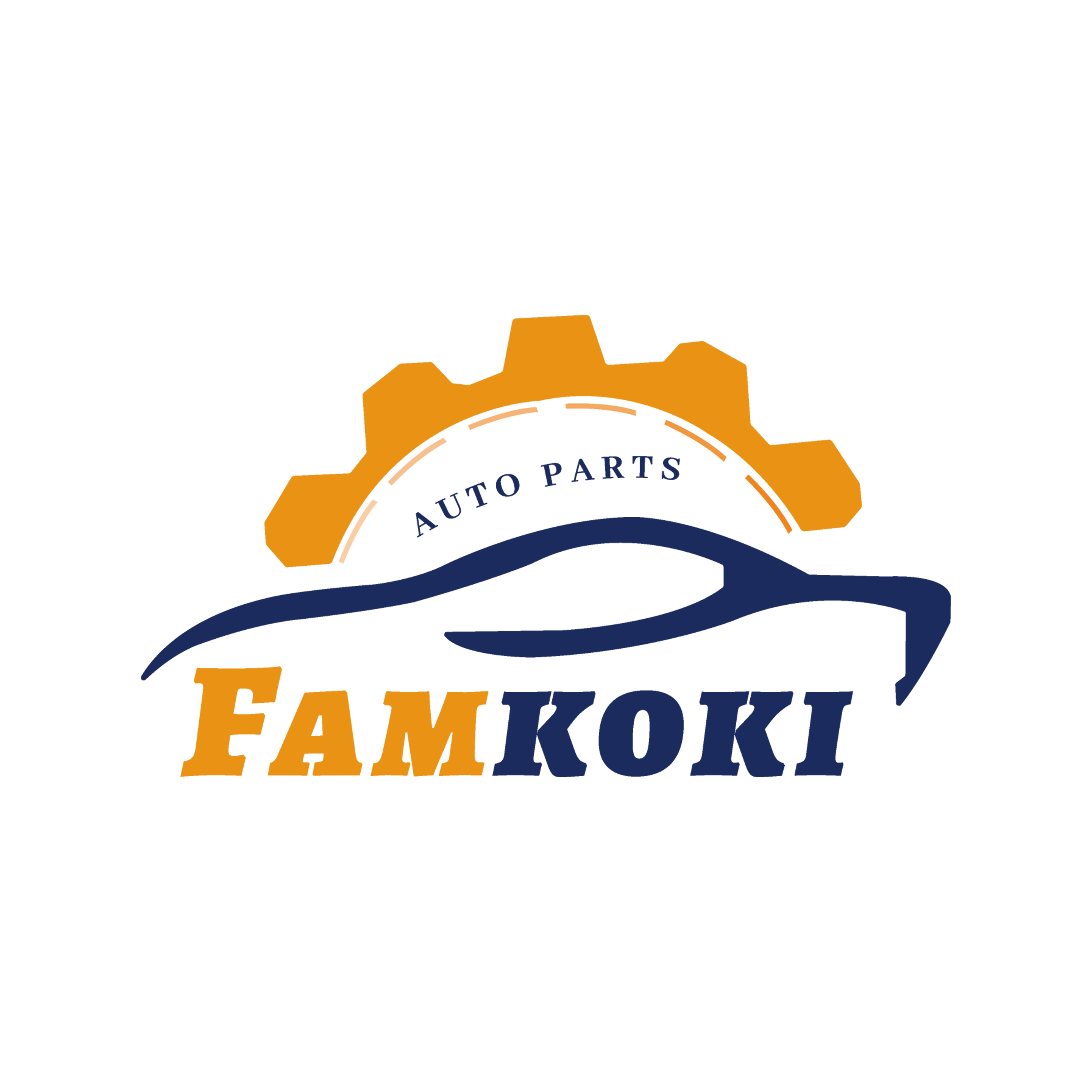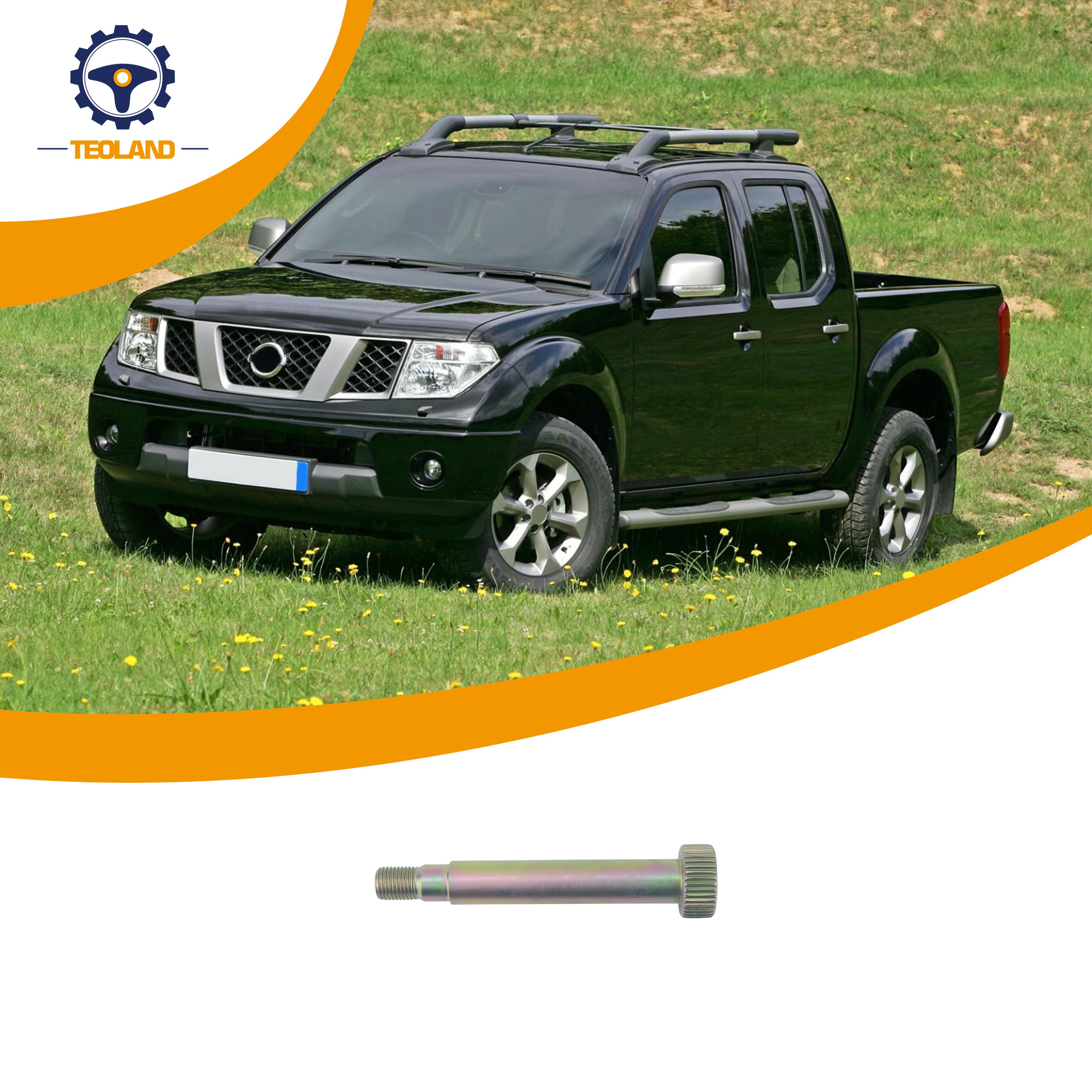Environmental Impact of Wheel Hub Manufacturing Processes
Energy Consumption and Carbon Emissions in Production
Water Usage and Industrial Waste in Casting and Machining
The traditional casting process uses somewhere between 150 to 200 liters of water for each wheel hub produced, primarily needed for cooling purposes and various surface treatments. Most plants without closed loop systems manage to reclaim only around 35 to 40 percent of this water. When it comes to machining operations, approximately 12 to 18 percent of the original metal ends up as waste material like swarf. Foundries also face significant environmental challenges from chemical coatings, which account for roughly 23 percent of all hazardous byproducts generated during production. Some forward thinking manufacturers have started implementing dry machining techniques along with phosphate free pretreatment methods. These changes have led to reductions of nearly half in both freshwater consumption and toxic emissions when compared against what's typical across the industry.
Strategies for Reducing CO² and Waste in Manufacturing Plants
Manufacturers across the industry are finding ways to cut down on their environmental footprint using several approaches. When they bring renewable energy sources into the smelting process, carbon emissions drop anywhere from 40 to 55 percent. At the same time, companies adopting low energy casting methods see their thermal requirements fall by around 30 to 35 percent. Switching to secondary aluminum alloys makes a huge difference too, cutting energy consumption roughly half compared to working with brand new materials. The picture gets even better when we look at other advancements. AI powered machining equipment helps manufacturers slash metal waste by between 15 and 22 percent. And many plants now recycle water through closed loop systems, getting about 80 percent of it back into production rather than letting it go to waste. All these improvements together are changing what's possible in green manufacturing for cars and trucks.
Sustainable Material Selection in Wheel Hub Production
Environmental Footprint of Metals, Alloys, and Ancillary Materials
The bulk of a wheel hub's carbon footprint comes from aluminum and steel components, which make up around 65 to 80 percent of the total emissions. When it comes to virgin aluminum production, we're talking about massive CO2 outputs ranging between 8 and 12 tons for every single ton produced according to the International Aluminum Institute report from last year. Steel isn't much better at roughly 1.8 to 2.2 tons per ton. While using lighter alloy materials does help vehicles consume less fuel during operation, the process of actually making these metals remains extremely energy hungry. Then there's the issue with coatings and adhesives applied during manufacturing. These contribute an additional 10 to 15 percent to the overall environmental toll because they release volatile organic compounds into the air and produce chemical waste that simply cannot be recycled.
Benefits and Challenges of Recycled Aluminum and Steel in Wheel Hubs
Recycled aluminum reduces energy consumption by 95%, saving approximately 7 tons of CO² per ton produced. However, scrap impurities limit recycled content to 40–60% in high-stress applications like wheel hubs. Recycled steel lowers emissions by 58% (Steel Recycling Institute, 2022), but maintaining consistent alloy properties remains challenging for load-bearing components.
| Material | Virgin Production CO² (ton/ton) | Recycled Production CO² (ton/ton) | Typical Recycled Content in Wheel Hubs |
|---|---|---|---|
| Aluminum | 8–12 | 0.5–0.8 | 40–60% |
| Steel | 1.8–2.2 | 0.7–0.9 | 25–35% |
| Magnesium Alloys | 14–18 | 3–4 | <10% |
Hybrid designs combining recycled metals with engineered virgin alloys now enable a 18–22% reduction in lifecycle emissions while meeting safety standards.
Life Cycle Assessment (LCA) of Wheel Hubs: From Cradle to Grave
Methodology and Application of LCA to Wheel Hub Components
When looking at the environmental footprint of wheel hubs, Life Cycle Assessment or LCA comes into play. The ISO 14040/44 standards help track these impacts from when raw materials are extracted all the way through to when the product eventually gets disposed of. Take aluminum alloy hubs for instance. According to research published in the International Journal of Life Cycle Assessment back in 2022, simply producing the materials needed makes up around half of the total carbon emissions associated with these components. That's pretty significant actually. With this kind of information in hand, manufacturers can focus on areas where they make real improvements. Tighter machining tolerances during production have been shown to cut down on wasted material by somewhere between 12 and 18 percent, which represents meaningful progress toward sustainability goals without compromising quality.
Comparing Environmental Impacts: Production vs. Use Phase
About two thirds of all carbon emissions from a wheel hub come from manufacturing processes that require lots of energy for casting operations. What happens during actual vehicle operation matters too though. Research shows vehicles get between 1.2 to 1.8 percent worse fuel economy for each additional 10 kilograms added to their weight according to Cleaner Production data from last year. Switching to lighter magnesium alloy components makes a real difference here. These materials cut down on overall emissions by around 23 tons across the lifespan of a car driven 100,000 kilometers. This means manufacturers have to find ways to make production less energy hungry while still ensuring cars run efficiently once they hit the road.
How LCA Data Influences Sustainable Design in Wheel Hub Engineering
LCA insights drive eco-design advancements, including:
- Recycled-content alloys that cut virgin material use by 34%
- Modular designs enabling 92% component reuse in refurbished units
- Advanced surface treatments that reduce corrosion-related replacements by 40%
These measures, informed by ISO-compliant models, help manufacturers achieve a 19% reduction in cradle-to-grave emissions within five years while preserving structural performance.
End-of-Life Management and Recycling of Wheel Hubs
Recycling Technologies and Recovery Rates for Metal Wheel Hubs
Modern recycling recovers 90–95% of aluminum and steel from end-of-life wheel hubs via shredding, sorting, and remelting. As noted in a 2024 Automotive Recycling Report, refined smelting now yields near-pure aluminum using 85% less energy than primary production. However, mixed-metal residues still constitute 5–8% of waste due to alloy separation challenges.
Landfill vs. Recycling: Environmental Consequences of Disposal Methods
Landfilling leads to long-term soil contamination and CO² emissions from corrosion, whereas recycling reduces lifecycle emissions by up to 75%.
| Metric | Landfill | Recycling |
|---|---|---|
| CO2 Emissions (per ton) | 640 kg | 150 kg |
| Energy Recovery | 0% | 92% (aluminum), 88% (steel) |
| Material Loss | 100% after 50+ years | ≈10% |
According to a circular economy analysis, recycling 10,000 wheel hubs saves 740 metric tons of CO² equivalent—equivalent to powering 85 homes annually.
Case Study: Closed-Loop Recycling Programs in the European Automotive Sector
The German government's End-of-Life Vehicles Directive requires that at least 95% of car components must be recyclable, which has led to some interesting developments in the industry. For instance, manufacturers are now creating wheel hubs made specifically from certain alloys to make recycling easier. Take this plant in Bavaria as an example they managed to recover nearly 99% of aluminum through partnerships with local smelting operations. Instead of letting scrap metal go to waste, they actually feed it back into their casting processes. This approach cut down on raw material expenses by around 32%, according to figures from last year. What these kinds of circular economy models show is that when regulations push for sustainability and companies work together across different sectors, what was once considered waste becomes valuable again in manufacturing cycles.
Circular Economy and Future Trends in Wheel Hub Sustainability
Design for Disassembly and Reuse: Modular Wheel Hub Innovations
The engineering world has really caught on to modular wheel hub designs lately. These systems let manufacturers recover around 85 to maybe even 95 percent of components when vehicles reach their end of life. The standardized connections between parts and those special corrosion resistant fasteners make taking things apart much easier. This actually cuts down repair costs quite a bit too, somewhere between 30 and 50 percent less than dealing with welded units according to that 2025 Sustainability Trends report. Looking at numbers from an industrial study back in 2024, we see something interesting happening with these modular aluminum hubs. They create about 40 percent less waste during the remanufacturing process compared to traditional monobloc designs. And here's the kicker? There's absolutely no loss in terms of how well they withstand repeated stress over time. This kind of innovation is right in line with what the European Union wants to achieve through their Circular Economy Action Plan aiming to cut automotive waste in half by the year 2030.
Growing Role of Remanufactured Wheel Hubs in the Aftermarket
Market analysts expect the remanufactured wheel hub sector to expand significantly over the next decade, with estimates pointing toward around 11% annual growth until 2030. Fleet managers are increasingly turning to these alternatives primarily because they can slash replacement expenses by somewhere between half and two thirds. According to recent studies, properly remanufactured hubs actually perform quite close to their original counterparts, hitting roughly 95% of factory specs when manufacturers implement AI quality checks on bearings and apply those special graphene coatings that have become so popular lately. The environmental benefits shouldn't be overlooked either. Companies that run large transportation networks have noticed their products last much longer, which helps reduce waste. Some major shipping companies claim their carbon footprint dropped by about 20-25% after implementing hub recycling initiatives across their operations.
Frequently Asked Questions (FAQ)
What are some key strategies to reduce environmental impact in wheel hub manufacturing?
Key strategies include using renewable energy sources to lower carbon emissions, adopting low energy casting methods, and employing AI-powered machining to reduce material wastage.
How do recycled materials affect the production of wheel hubs?
Recycled materials like aluminum and steel significantly reduce energy consumption and carbon emissions in wheel hub production. However, the presence of impurities can limit their usage in high-stress applications.
Why is modular design important in wheel hub sustainability?
Modular design is crucial as it allows easier disassembly and reuse of components, reducing waste and repair costs without compromising durability.
What is the role of Life Cycle Assessment (LCA) in wheel hub manufacturing?
LCA helps track the environmental impact from material extraction to disposal, informing sustainable design and production methods that minimize emissions and waste.
Table of Contents
- Environmental Impact of Wheel Hub Manufacturing Processes
- Sustainable Material Selection in Wheel Hub Production
- Life Cycle Assessment (LCA) of Wheel Hubs: From Cradle to Grave
- End-of-Life Management and Recycling of Wheel Hubs
- Circular Economy and Future Trends in Wheel Hub Sustainability
- Frequently Asked Questions (FAQ)
 EN
EN
 AR
AR
 FR
FR
 KO
KO
 PT
PT
 RU
RU
 ES
ES


